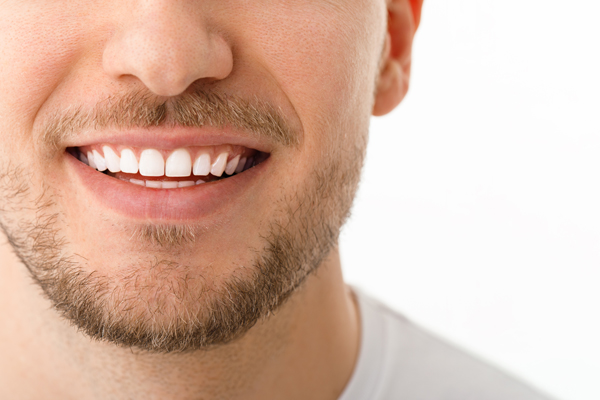 An orthodontist can close gaps between teeth by pulling teeth into a better alignment via braces or clear aligners. Read on to learn about how orthodontists address gaps. Some may also provide dental bonding or veneers as an alternative to traditional orthodontic treatment as a way to close small gaps between teeth.
An orthodontist can close gaps between teeth by pulling teeth into a better alignment via braces or clear aligners. Read on to learn about how orthodontists address gaps. Some may also provide dental bonding or veneers as an alternative to traditional orthodontic treatment as a way to close small gaps between teeth.
How an orthodontist can close gaps between teeth
It is helpful to understand your treatment options for closing teeth gaps before your visit with an orthodontist. During the first visit, they can explain each treatment option in greater detail and make a professional recommendation as to which solution is most appropriate for your specific situation and goals.
Metal braces
Metal braces are the most traditional method of correcting teeth and jaw alignment concerns. This method is proven to work for all types of malocclusions, regardless of severity. This makes them ideal for more severe misalignments that may not be able to be corrected through alternative solutions. The drawback to metal braces is that they are highly visible to others. They are also not removable. Regular visits to have the braces tightened are required throughout the treatment process, which typically takes around two years to complete.
Ceramic braces
Ceramic braces work in the same way as traditional braces and involve brackets and wires. However, they use ceramic material rather than metal. This makes them more transparent and harder for other people to notice, which is ideal for older teenagers and adults that want a more discreet form of orthodontic treatment.
Lingual braces
Lingual braces are also a discreet method of braces. Instead of attaching to the front of teeth like traditional braces, they attach to the back of the teeth. This means they are not as noticeable as traditional braces, although applying them is far more challenging. Consequently, they often cost more than traditional braces.
Clear aligners
Clear aligners are removable appliances that move teeth into an ideal position over time. They are also transparent and essentially invisible to others while they are worn. While they are removable, clear aligners should be worn for at least 20 to 22 hours each day; they must also be cleaned regularly. The drawback to clear aligners is that they are not available to patients with more severe gaps between teeth.
Dental veneers and bonding
Minor gaps between teeth do not always require braces or clear aligner treatment. For many, veneers or bonding are an option. These alternative solutions fill in the extra space between teeth. Dental veneers are thin layers of porcelain that are customized in a lab and bonded over the existing surface of teeth. Dental bonding involves bonding a tooth-colored material to the surface of visible teeth to close the appearance of gaps.
Ready to schedule an orthodontic consultation?
Reach out to our orthodontic team today to learn more about the corrective solutions available. In addition to other treatment options, we offer braces and clear aligners treatment. Contact our dental office today to set up an appointment.
Request an appointment or call Valley Ranch Orthodontics at 972-200-1016 for an appointment in our Irving office.
Related Posts
An orthodontist specializes in malocclusions, or dental misalignments, that affect the jawbone, teeth, or facial symmetry. If a dentist recommended you or your child for this dental specialist, you may wonder what to expect at the first appointment. While it is a relatively simple process, there are some differences in how the orthodontist and their…
Early interceptive therapy, also known as phase 1 orthodontics, is performed by a kids orthodontics and deals with the application of growth appliances, expanders, or partial braces, pending the complete eruption of the patient’s adult teeth. Phase one treatment is usually recommended for children when they are between 7 and 11 years old. The treatment…
Children who suffer from misaligned teeth and visit an orthodontist to help correct the problem may be fitted with dental headgear. There can be several reasons why this may be recommended, such as for the correction of protruding front teeth or irregular jaw growth. Parents who are told a child will require headgear may wonder…


